As the only non-President to have a national holiday named in his honor, Dr. Martin Luther King Jr.’s legacy is clearly a significant piece of the fabric of American History. As educators, it can be tempting to focus only on the aspects of Dr. King’s legacy that have resonated with the masses. But if all we do is listen to his famous I Have a Dream speech or read his Letter from a Birmingham Jail, we miss out on the opportunity to think critically about history and make important connections with today’s civil rights challenges.
Here are 3 questions you can explore with students to dive deeper into Dr. King’s legacy:
1) #DrKingTweets: What would Dr. King say about today’s issues in just 140 characters?
What would Dr. King have to say about important issues facing our country today? We know that Dr. King was extremely savvy in his use of television to show our country some of the grave abuses he and other nonviolent protesters were subjected to. So it’s reasonable to believe Dr. King would be an avid Twitter user, using it to tweet about policing issues, the Syrian refugee crisis, climate change, economic inequality, and other issues facing us today.
What 140 character phrases would Dr. King use to comment on these issues? Use Dr. King’s actual speeches to justify your predictions, and tweet out using #DrKingTweets!
2) Why did the FBI consider Dr. King: “The Most Dangerous Negro”?
Dr. King delivered his famous “I Have a Dream” speech on August 28, 1963. The very next day, FBI Domestic Intelligence Chief William Sullivan wrote the following memo, where he labeled Martin as “the most dangerous Negro of the future in this Nation from the standpoint of Communism, the Negro, and national security.” Just months later, U.S. Attorney General Robert Kennedy authorized wiretaps of Dr. King’s phone, and the FBI commenced a years-long effort to discredit Dr. King by revealing damaging personal information about his private lifestyle. Interestingly, though 94% of Americans today view Dr. King’s legacy favorably, 66% had an unfavorable opinion of him in a 1966 Gallup Poll.
Analyze Chief Sullivan’s memo and Dr. King’s speech, and use these documents to predict what exact phrases and ideas from this speech you think the FBI was most concerned about. Was the FBI’s concern about Communism valid? Why or why not?
3) Who really led the Civil Rights Movement of the 1950s and 1960s?
Dr. King is certainly the most well-known Civil Rights leader of his time period, but was he really the most impactful? He won over hearts and minds of the masses, but was the substantive legal and policy work by Thurgood Marshall more important? And could the movement have made as much impact without the commitment and sacrifices of young people in the Student Nonviolent Coordinating Committee (SNCC) and the grassroots organizing efforts of Ella Baker?
Ask your students to break into groups to make the research-based argument for one of these entities (or other important Civil Rights organizations considered part of the Big Six) as the most influential organization of those times.
Dr. King believed that, “[e]ducation must enable one to sift and weigh evidence, to discern the true from the false, the real from the unreal, and the facts from the fiction.”
So use this year’s MLK day as an opportunity to engage in critical thinking. If you have additional ideas or topics you’d like to add about how you engage students in critical thinking learning activities related to the MLK holiday, please share by tagging us on Facebook or Twitter.
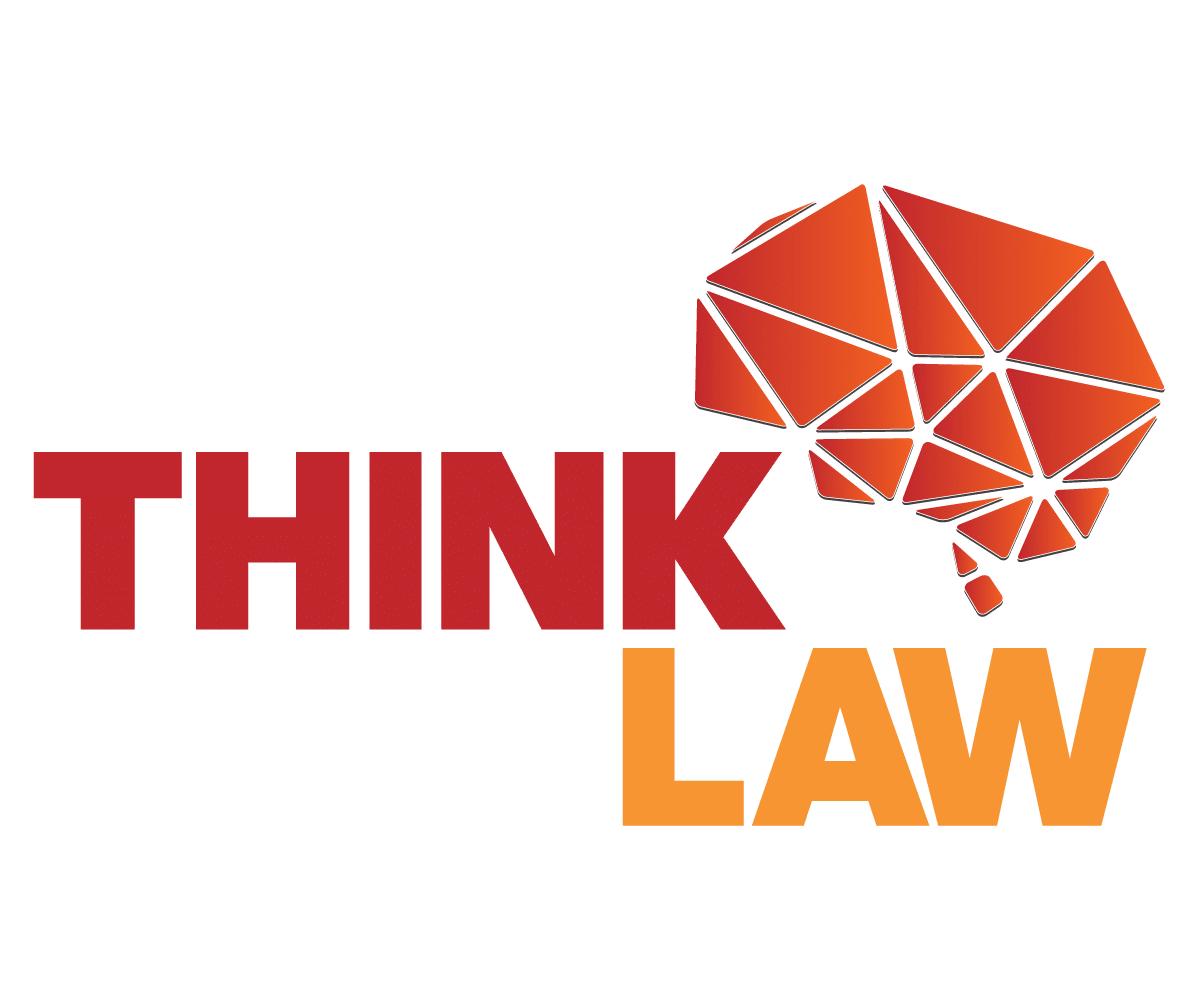



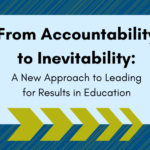
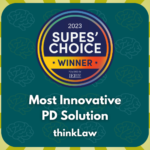
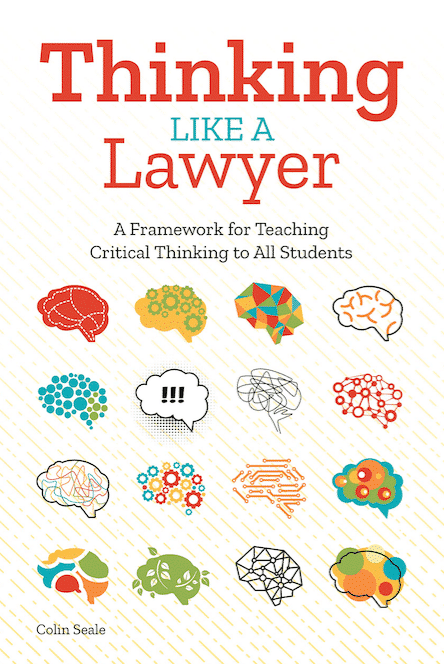
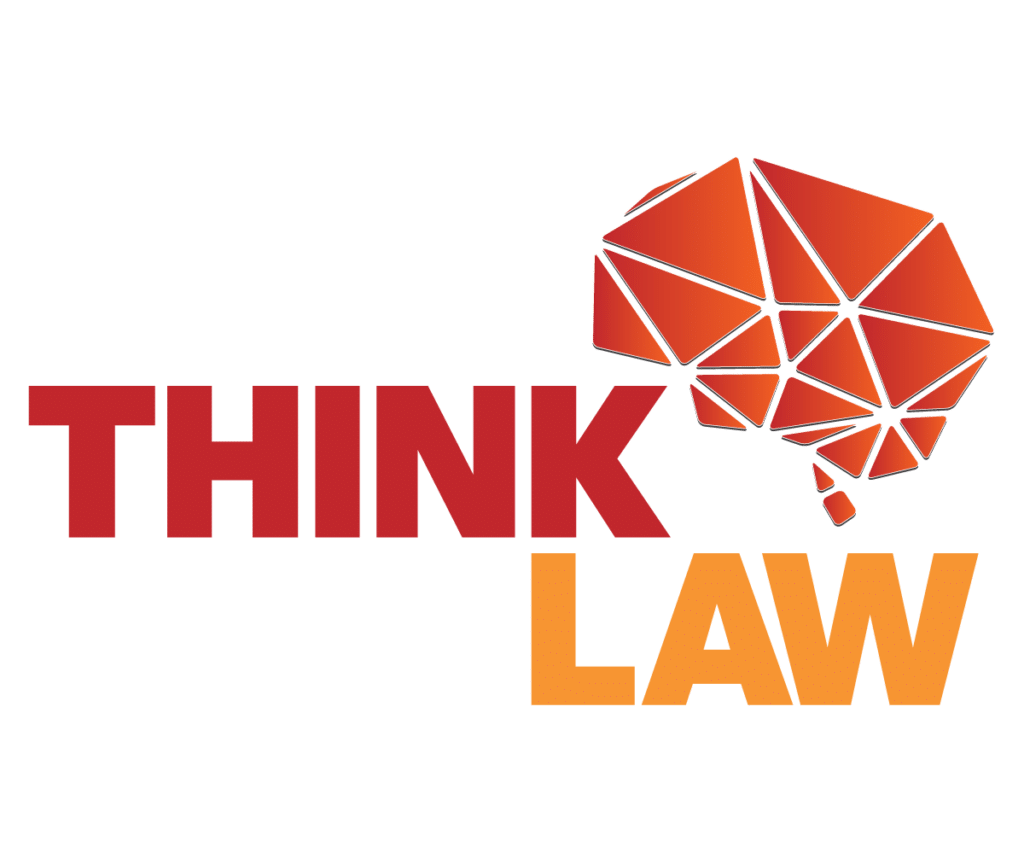
Leave a Reply